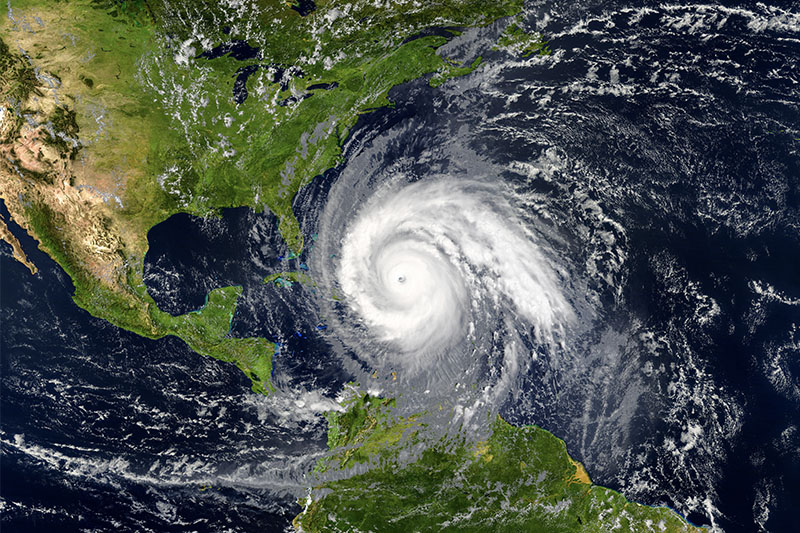Environmental Health Sciences Department: At a Glance
Request InfoDepartment of Environmental Health Sciences Overview
The Tulane University Department of Environmental Health Sciences (EHS) understands that the health of communities is inextricably linked to the environment, and the groups who environmental hazards affect the most are often also the most vulnerable. That’s why EHS has designed innovative graduate programs to create public health leaders with the skills to assess, examine, and address the environmental factors that impact health.
Through multifaceted research and hands-on, experiential learning in public, private, and nonprofit sectors around the world, students develop a comprehensive understanding of our environment — from the physical, chemical, and biological aspects to society and policy — and gain the tools to empower people everywhere with the opportunity to live healthy lives.

Online MPH in Disaster Management
The Online Master of Public Health in Disaster Management gives professionals the disaster preparedness, response, and management strategies needed to address the public health challenges that arise from natural and human-made disasters. Through coursework spanning crisis communication, population issues associated with disasters, psychosocial aspects of disasters and epidemiology, and biostatistics, students develop the tools to better protect communities and vulnerable populations. The program’s emphasis on leadership equips students of all backgrounds to respond to rapidly changing situations, make effective decisions based on evolving information, and communicate accurately and succinctly.

Online MSPH in Industrial Hygiene
The Online Master of Science in Public Health in Industrial Hygiene gives students the skills and knowledge needed to effectively identify workplace hazards, comply with government regulations, and manage occupational exposures and risk. Through a curriculum focused on harnessing analytical methods in environmental and workplace monitoring, students learn how to identify exposures, estimate risk, improve work practices, and promote protective equipment to control potential health hazards. They graduate with the tools to anticipate, recognize, evaluate, and control workplace conditions to prevent injury or illness in workers and create safer, more effective work environments.